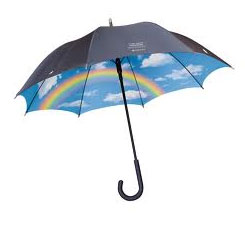When people talk about buying insurance policies, they tend to experience trouble and confusions because of the uncertainty of the choices regarding the final decision between a whole life policy and a term life policy. Our life varies in any aspect. We have differences in terms of needs, desires and requirements. That is why, when it comes to obtaining insurance it is important to understand the pros and cons and definitely the pros should outweigh the cons.
The Two Types of Life Insurance
Generally, there are only two types of life insurance. First, the term life that provides extensive coverage with reasonably priced premiums for definite periods of time in one year (yearly renewable term) for up to thirty years and the permanent life which spans your whole life. Below are more comprehensive differences and comparisons.
Term Life
This is the simplest type of insurance. This is meant only for a definite period of time and it only offers death benefits. The policy frequently has face value, which means the amount you cover yourself for. Therefore, the beneficiaries will get the sum when you die. For instance, you are insuring yourself for $500,000 over a period of 30 years; you have to keep paying the monthly obligations for 30 years. But, if you die within the period of 30 years, the $500,000 will be given to your family or dependents.
The biggest drawback of the term life insurance is not getting your money back if you are still living during the past length of the policy. During that time, you will be able to decide whether to renew the existing insurance policy or go for something new. With regards to the debate between whole life versus term life, this area is something which people consider a drawback of term policies.
Whole life
As the name dictates, this policy is intended for your whole life. The premium you spend of this serves two different principles. One piece is taken for life coverage while the rest is placed in a savings account which pays the interest. In a cash account, the amount keeps on increasing as you keep on paying the premium.
You can take out the bonuses anytime from your account. If you pass away, your beneficiary will be able to dig up the policy’s face value. However, if you continue to exist, you will be able to get the sum in your account. Despite of these benefits, you have to keep in mind that whole life policies are more expensive than the price of term life policies. This may sound like a downside but a lot of people believed that it’s worth the price. Furthermore, the interests are very low. As a result, a lot of people would think that this cannot be considered as a gainful investment. This is more expensive than a term insurance but allows you to create more cash value.
Whole life versus term life: which is best for you? Keep in mind that we all have different points of view. But one thing is certain; securing the future of your family or dependents is the main point. Opt for the insurance that fits your plans and budgets. Obtain it from a reputable company that will certainly provide the best coverage.


